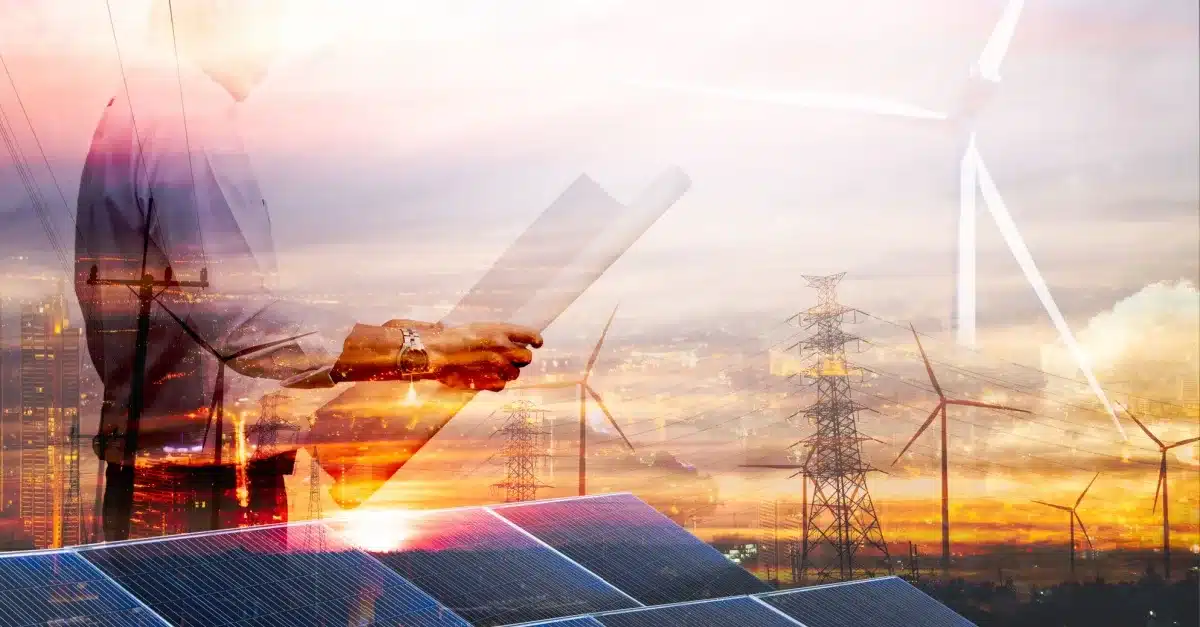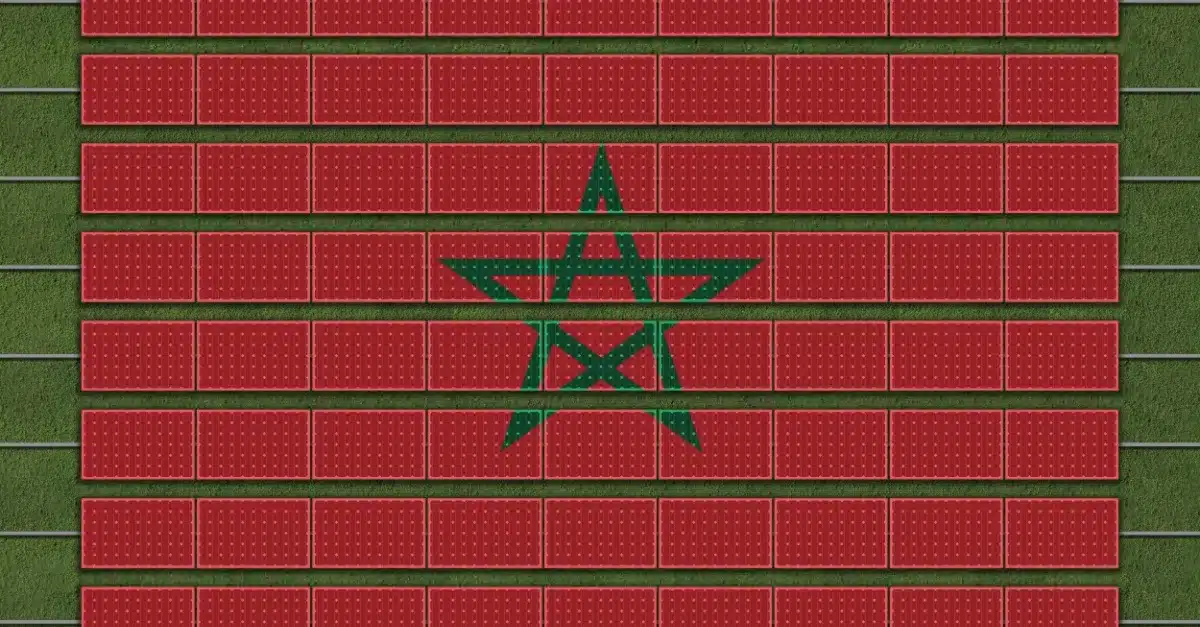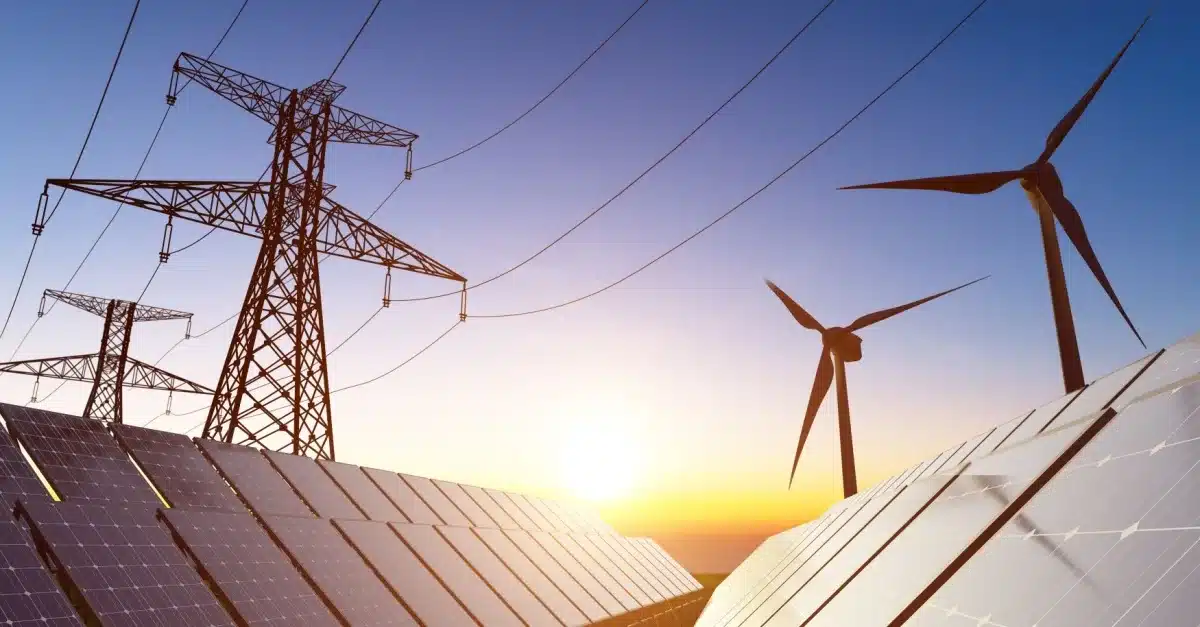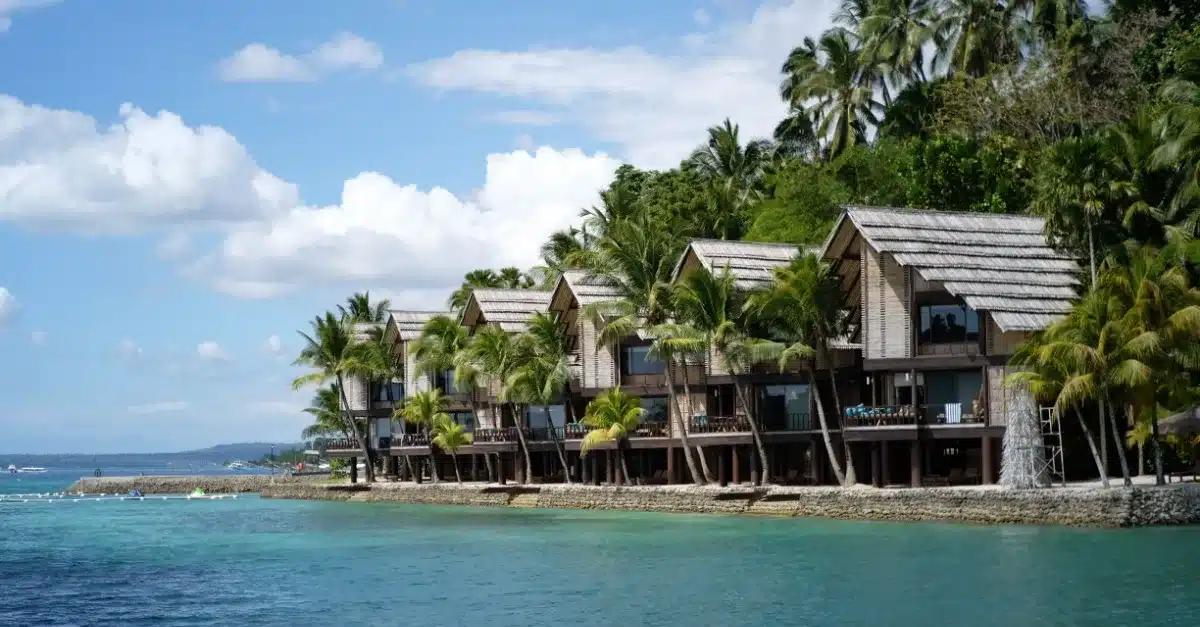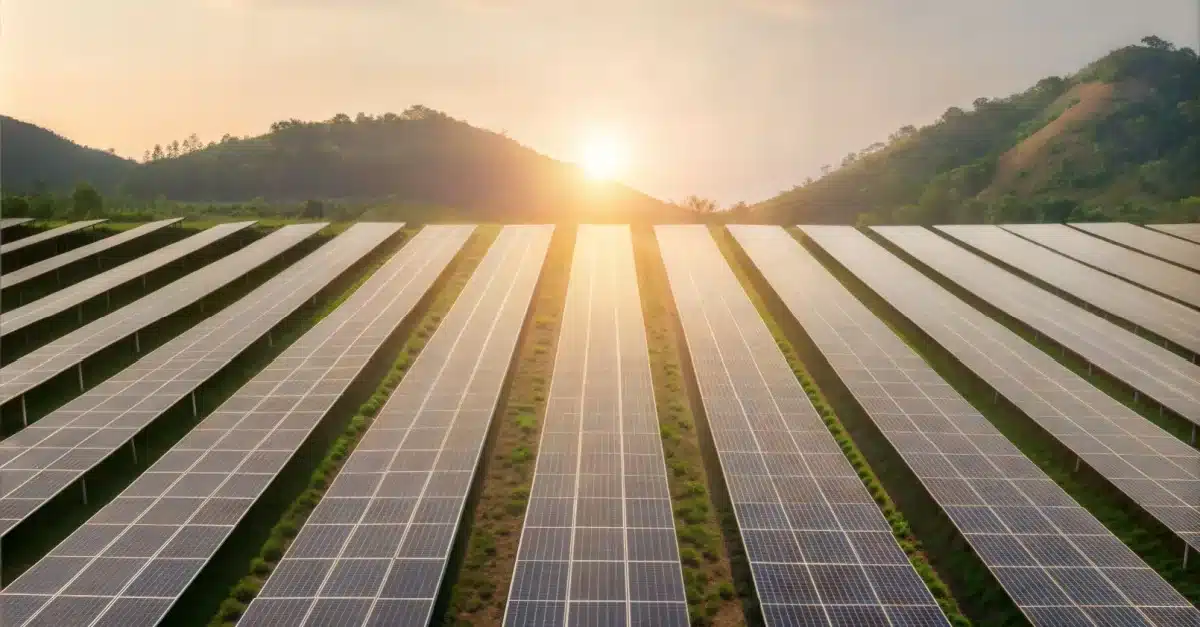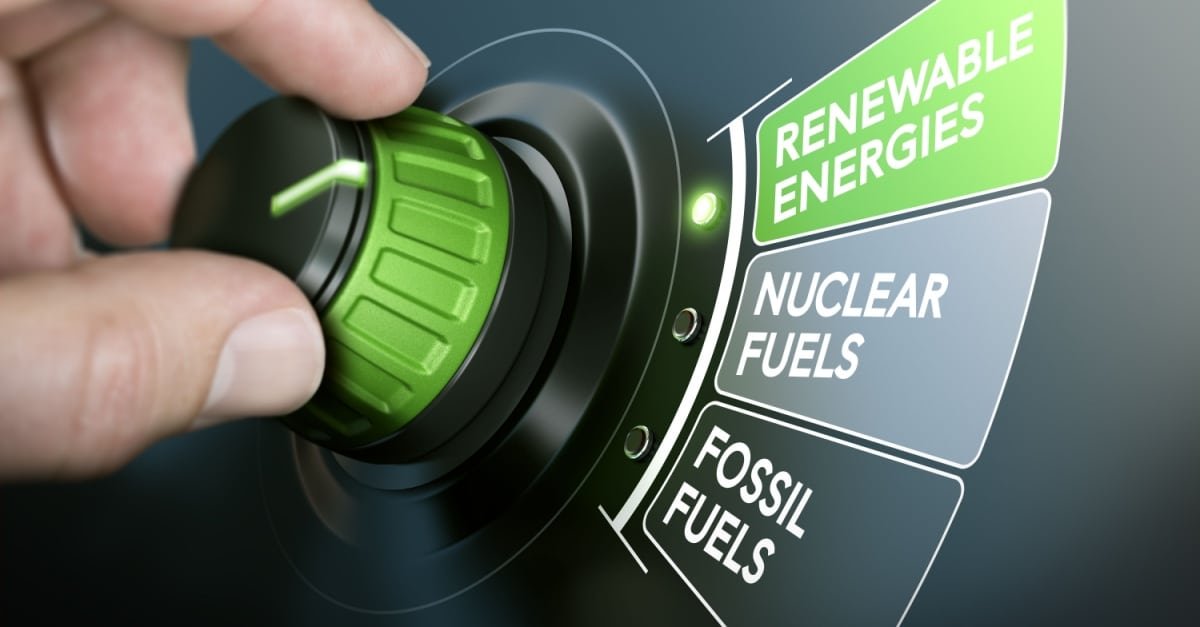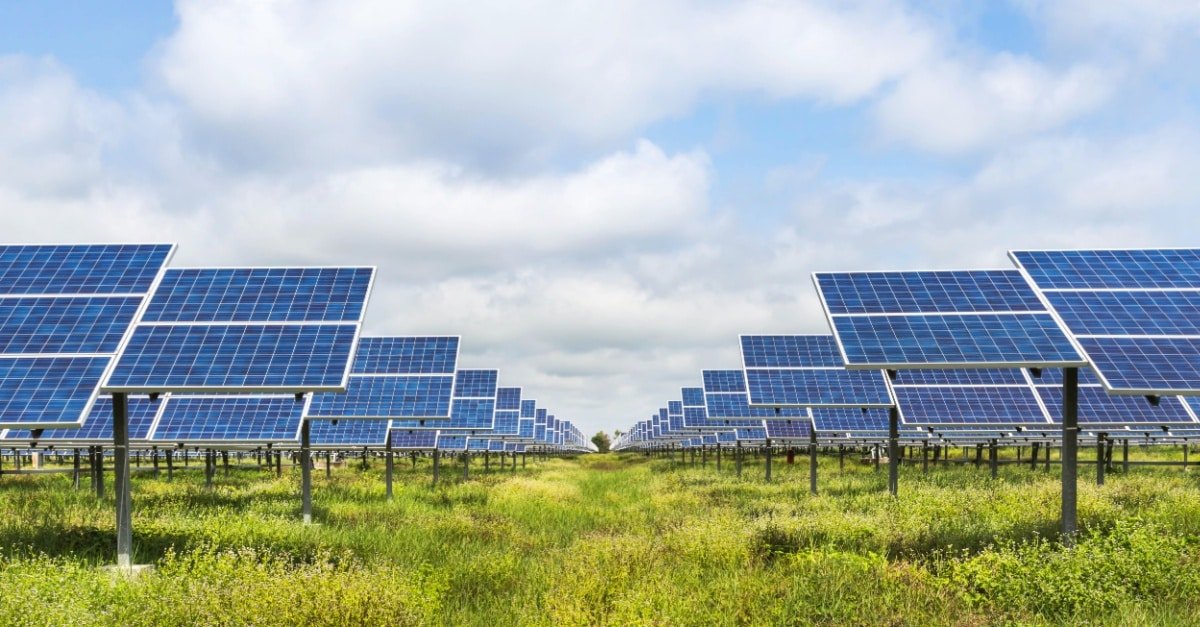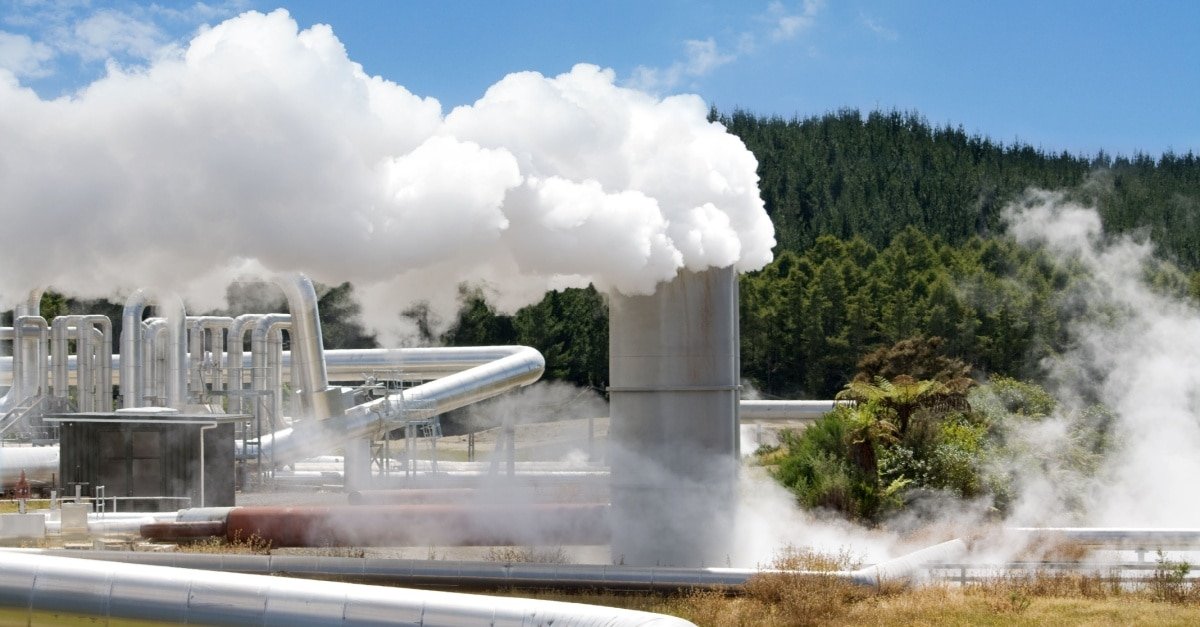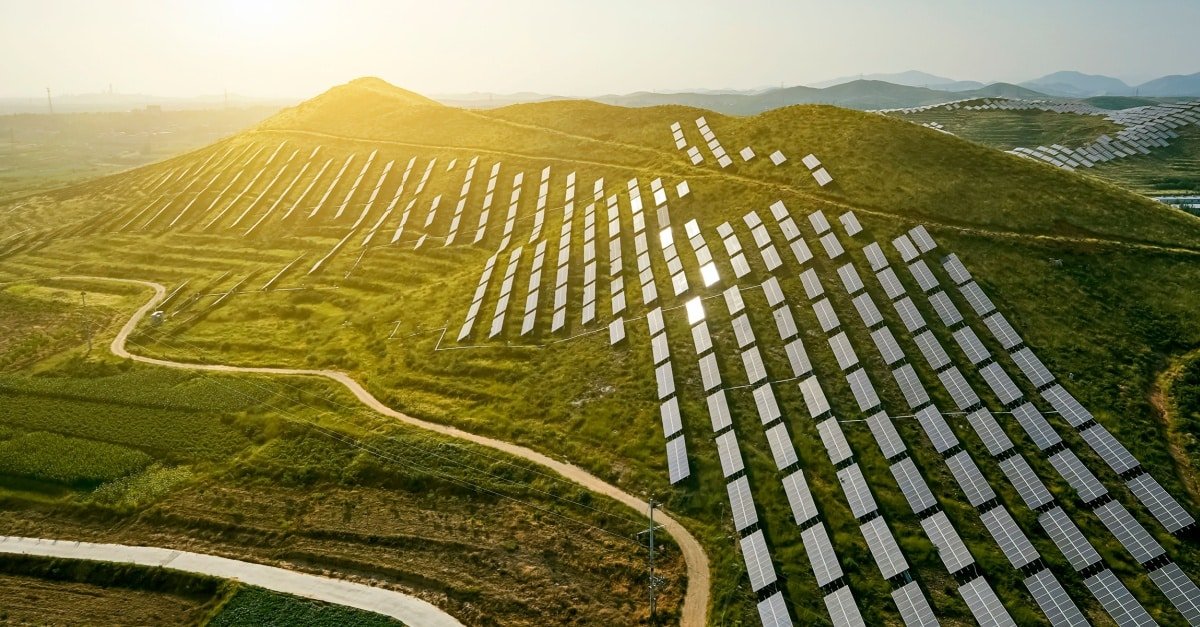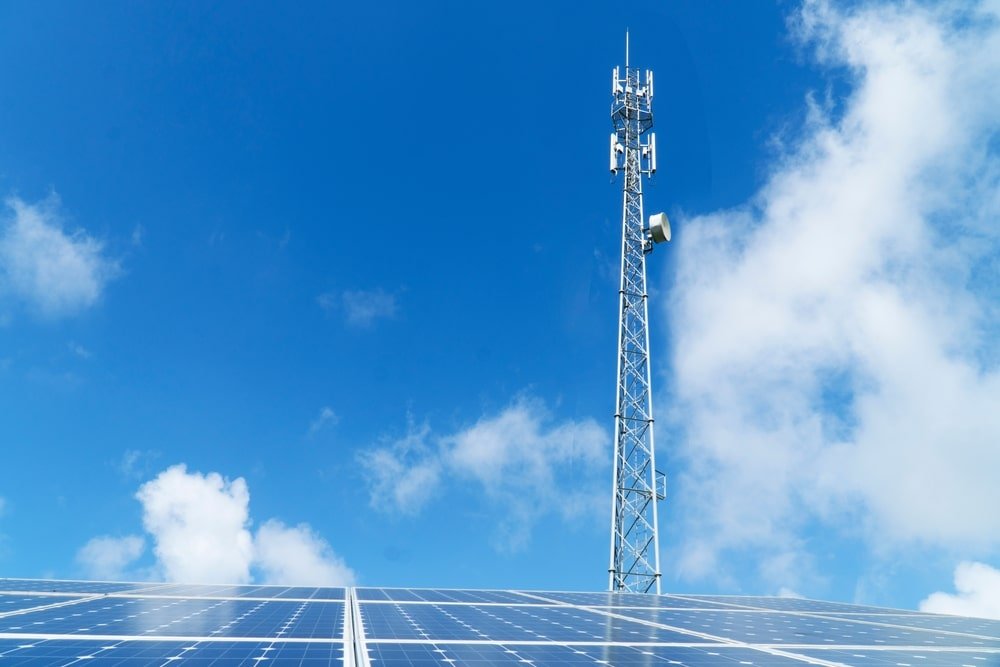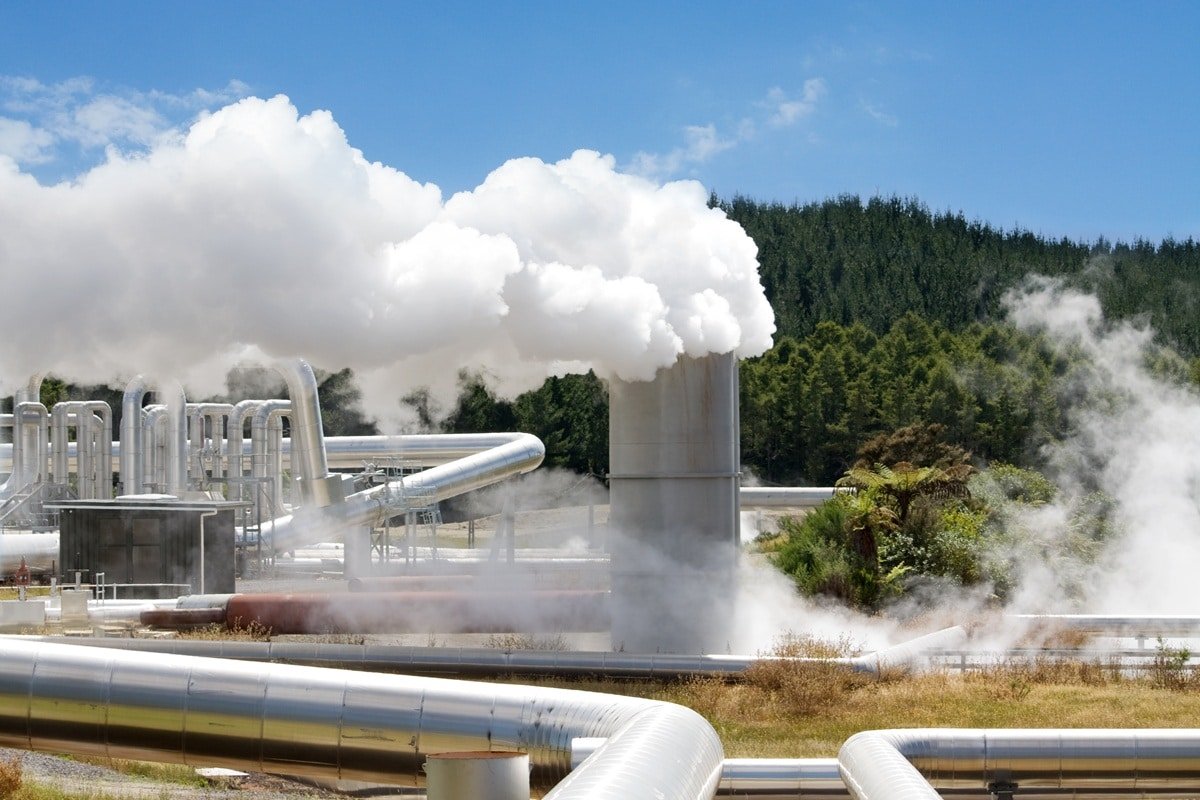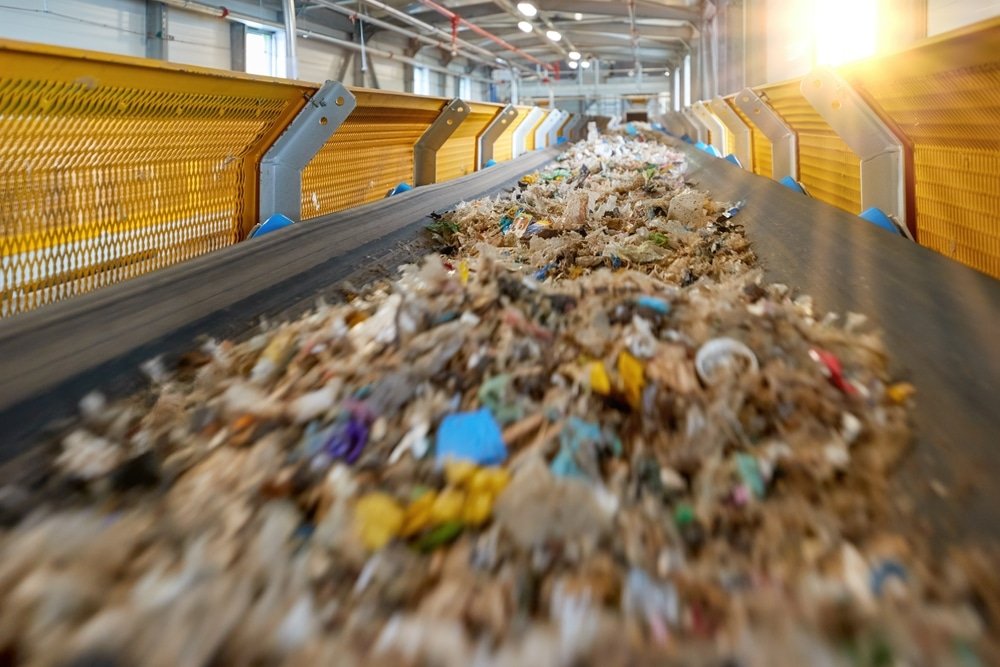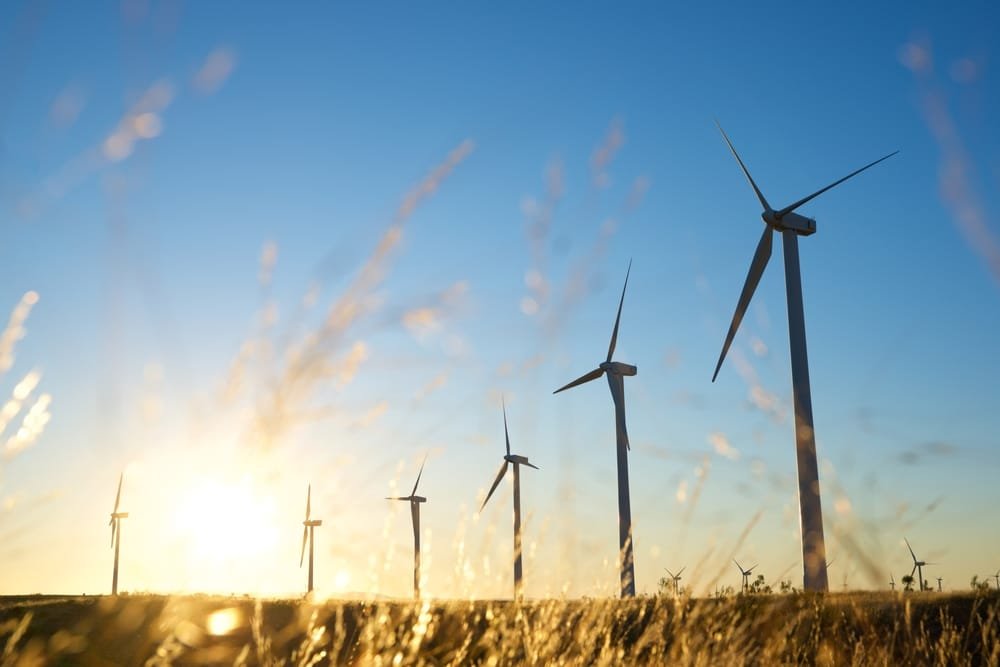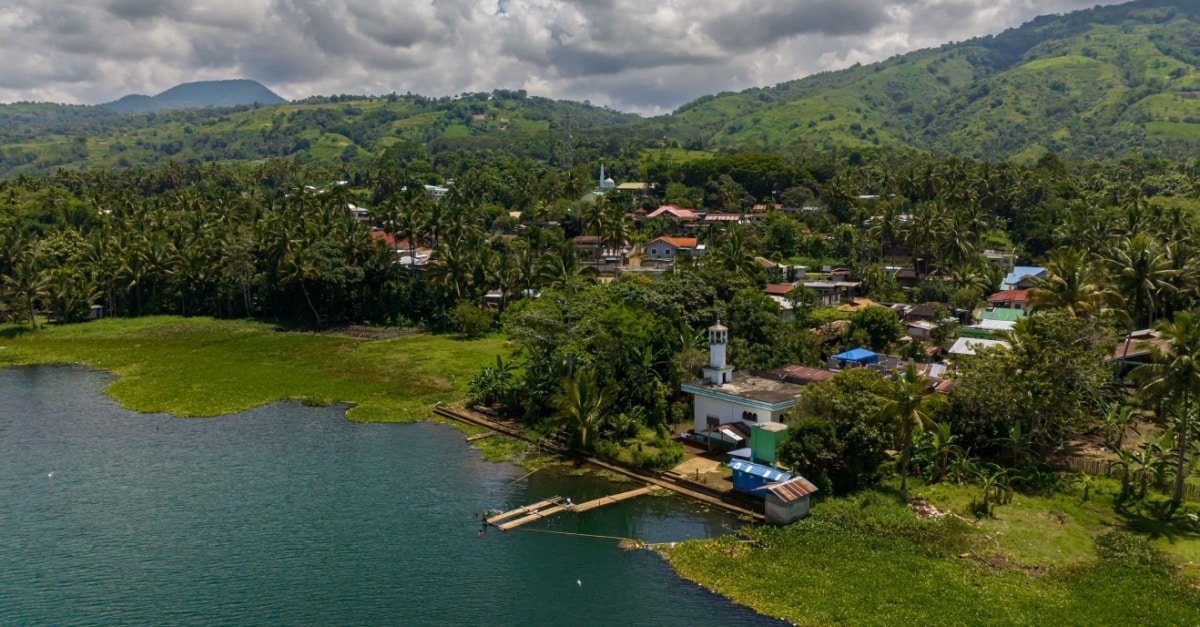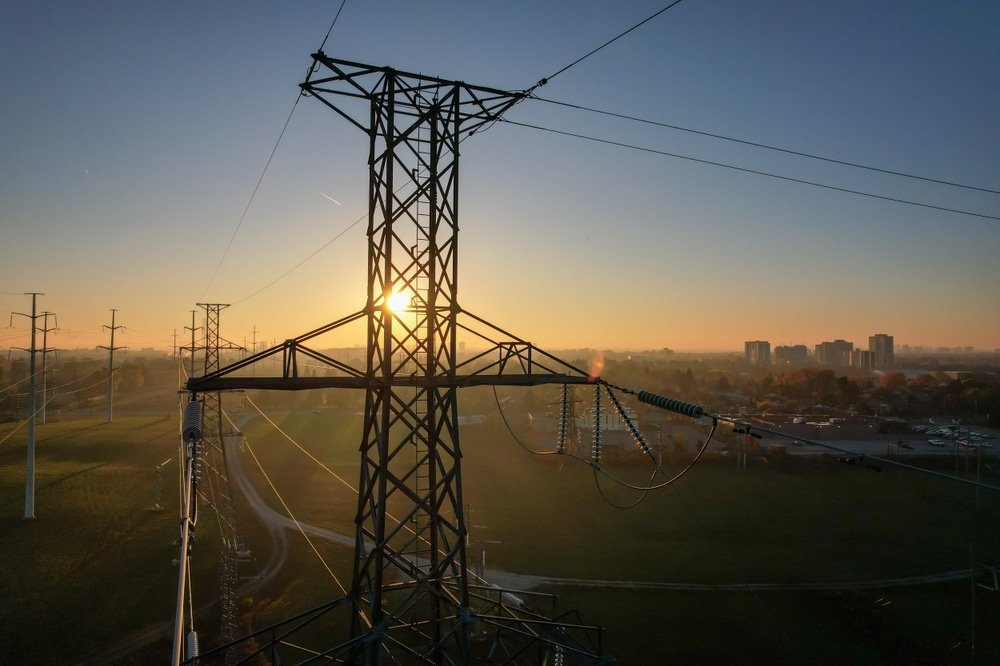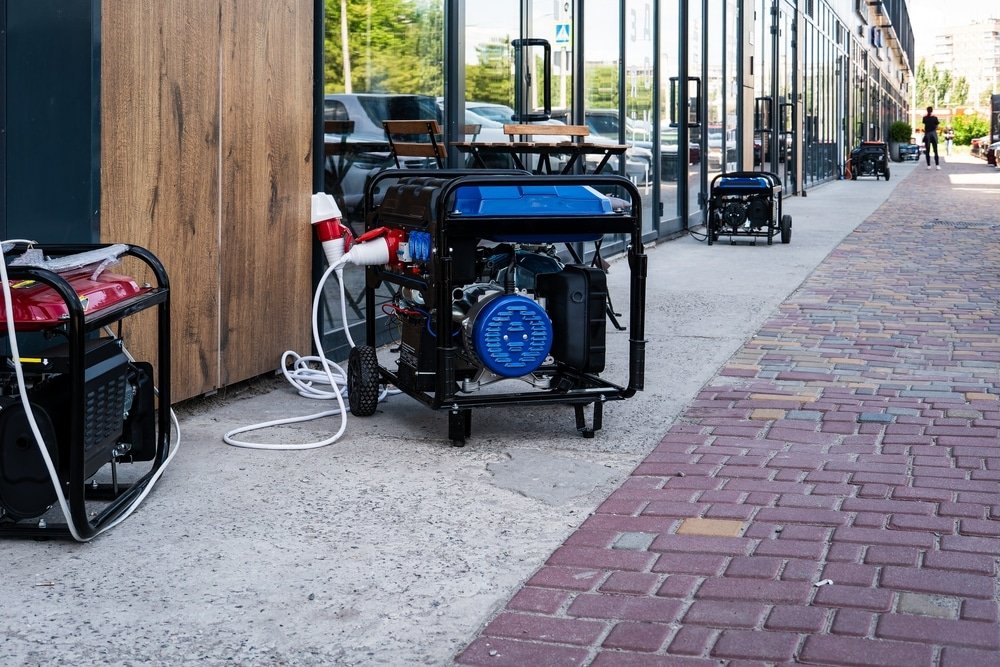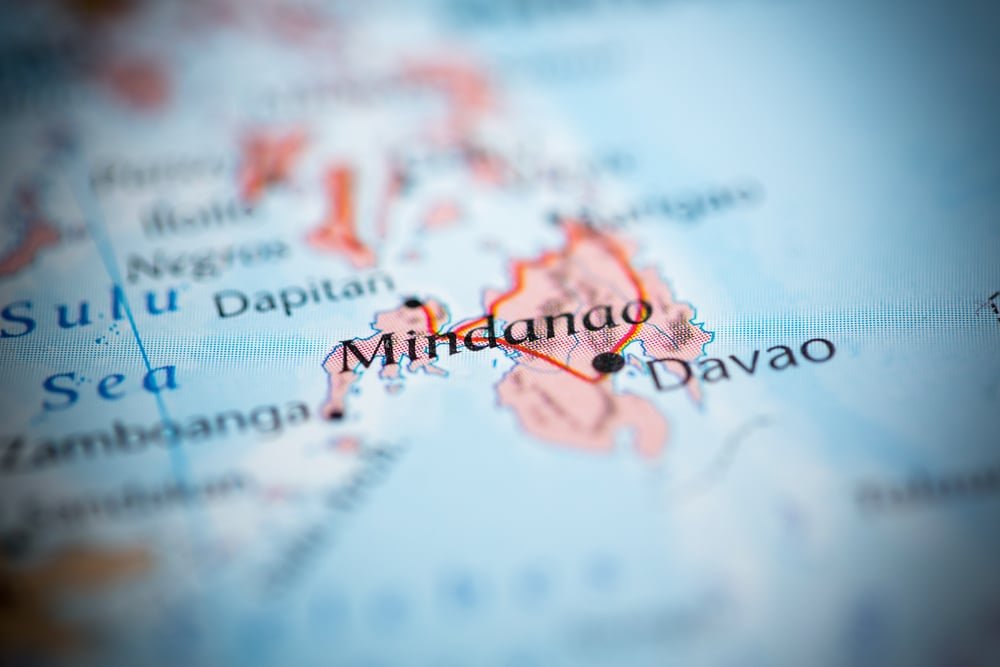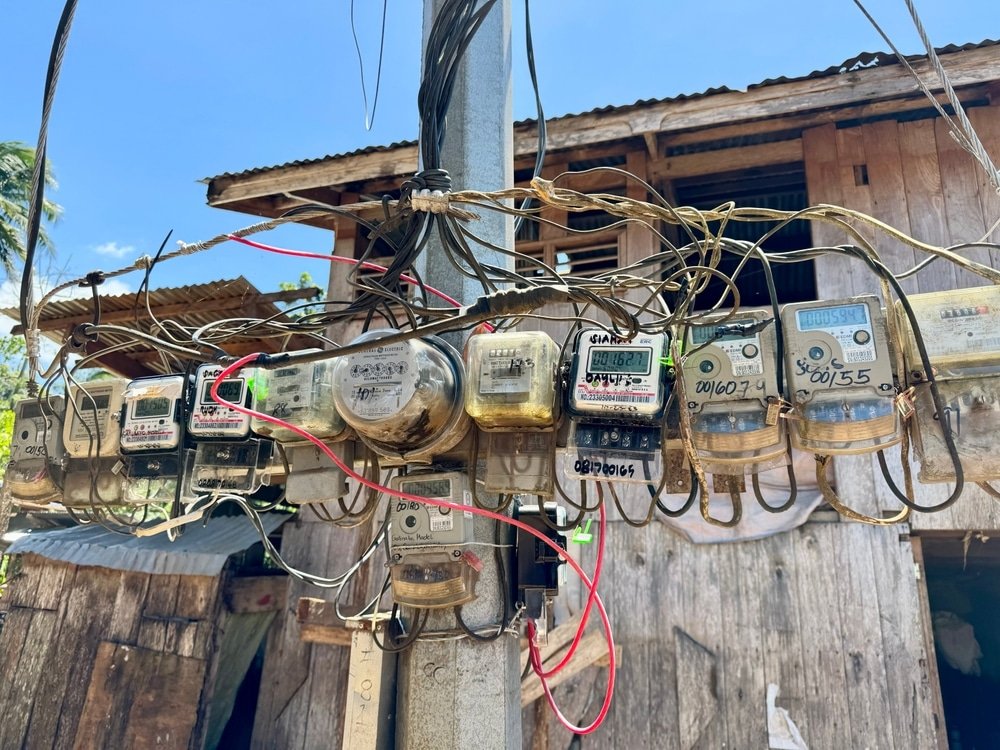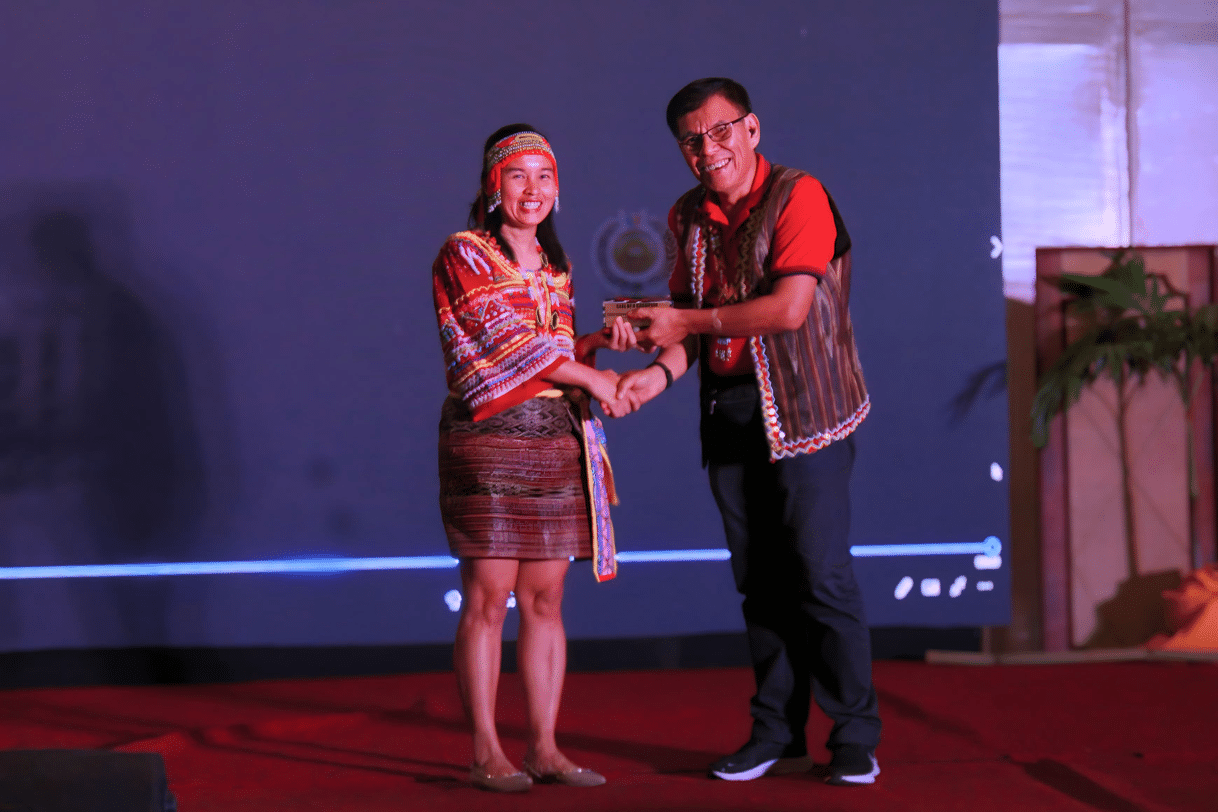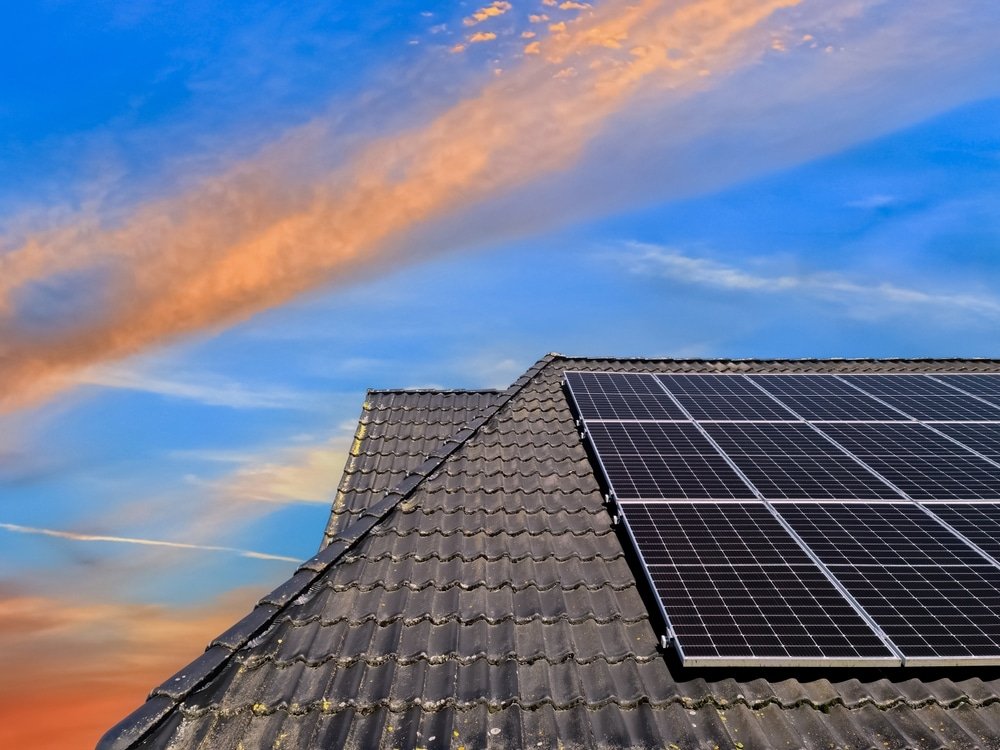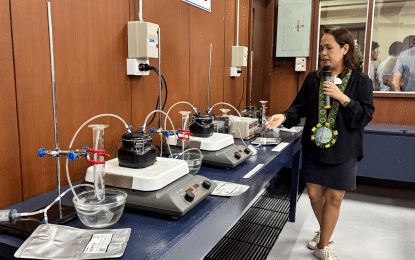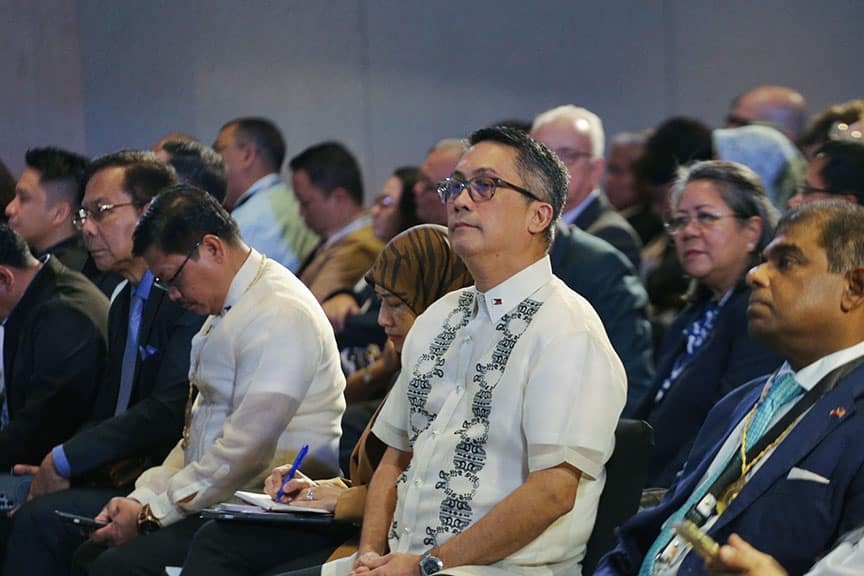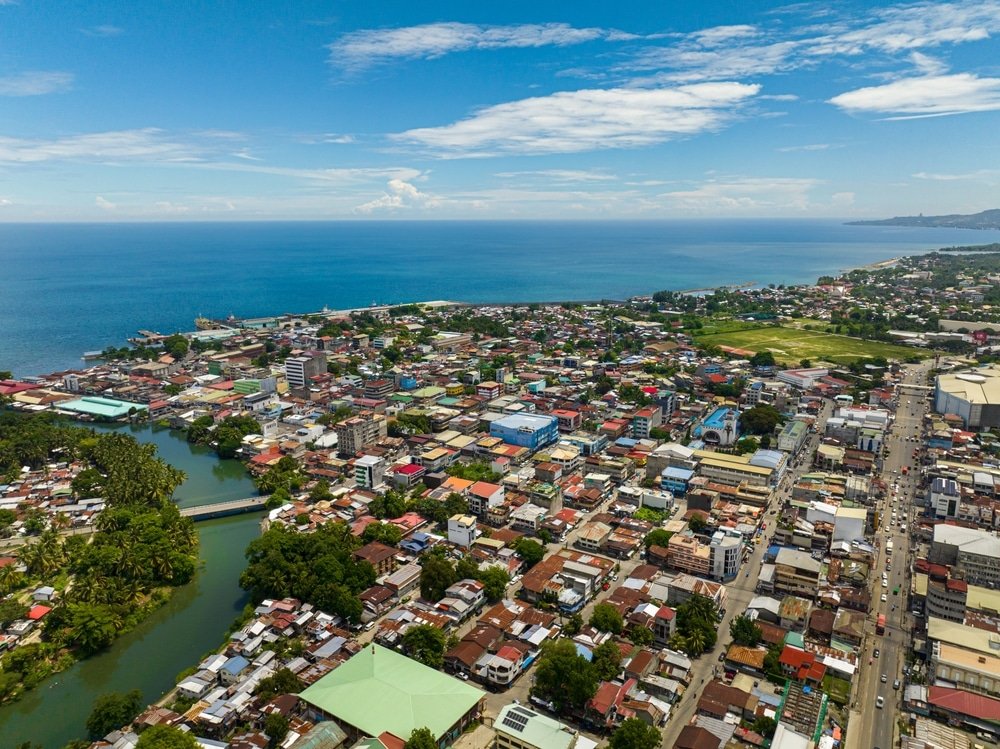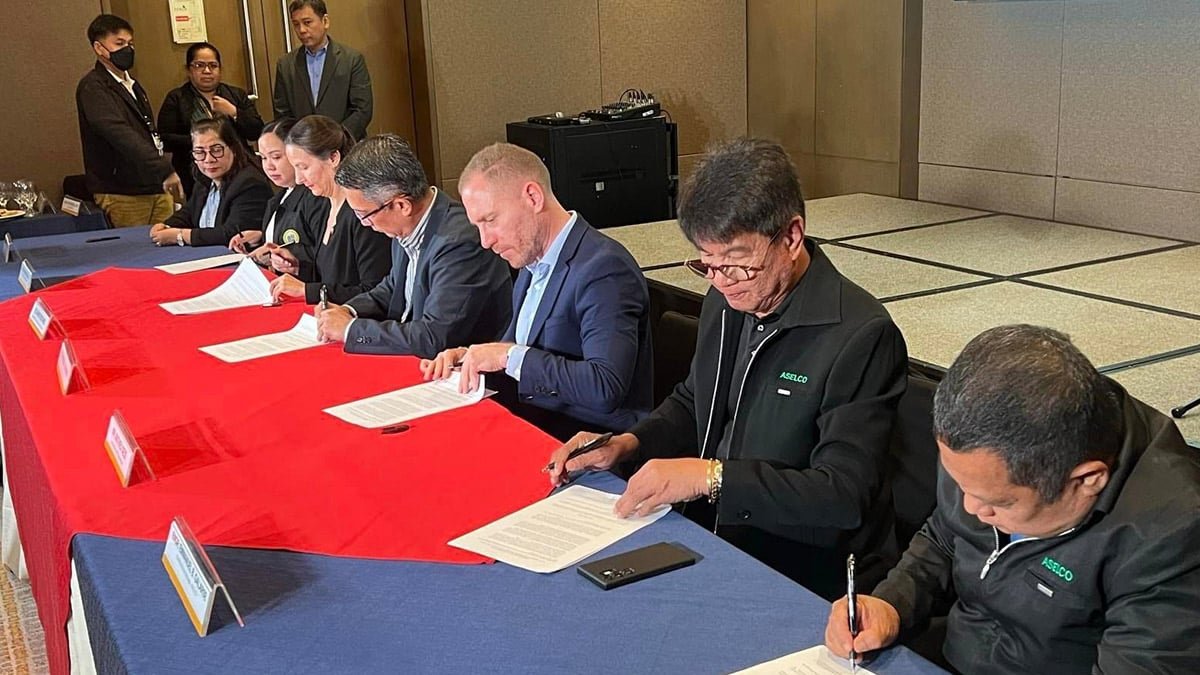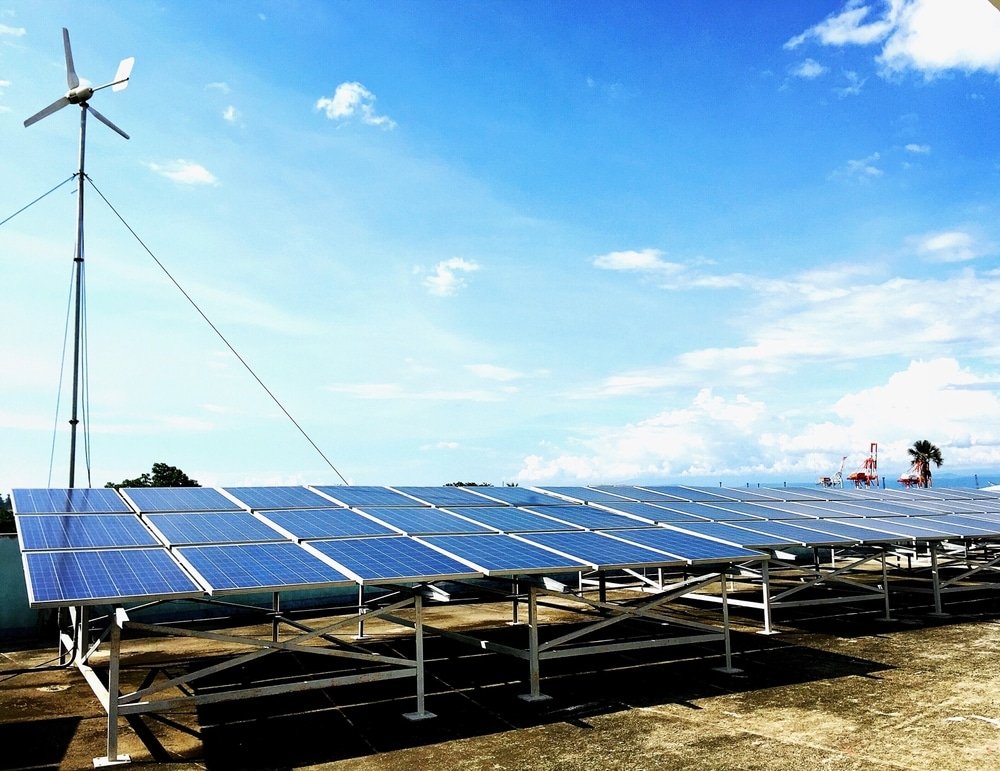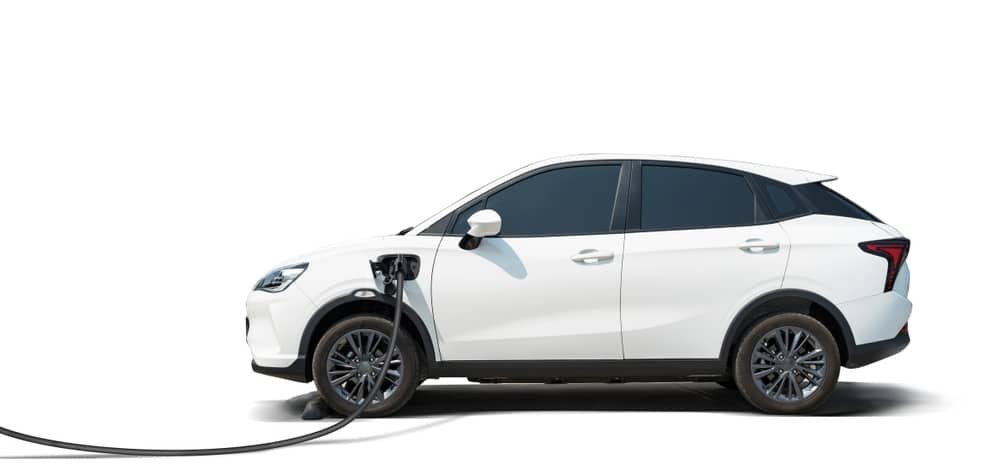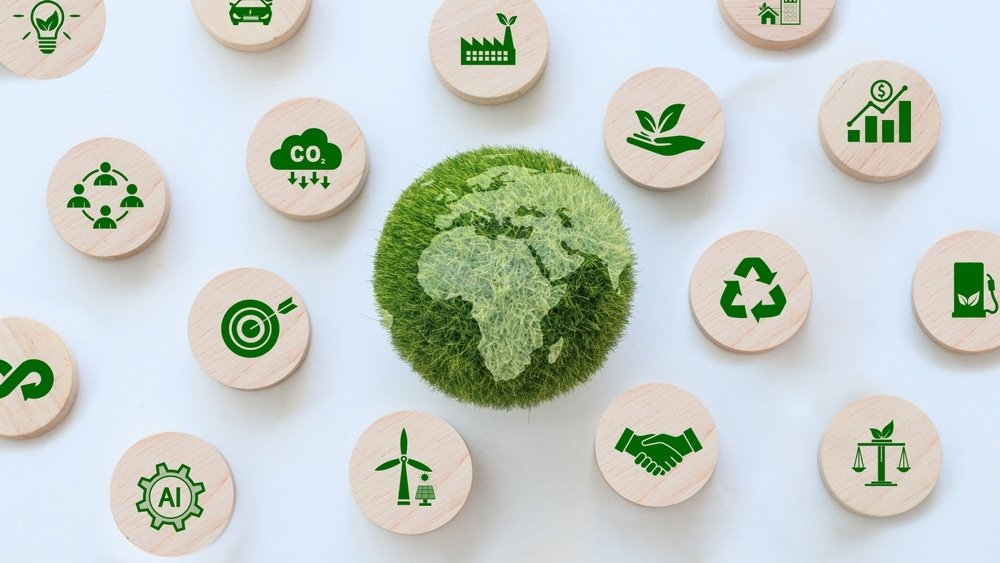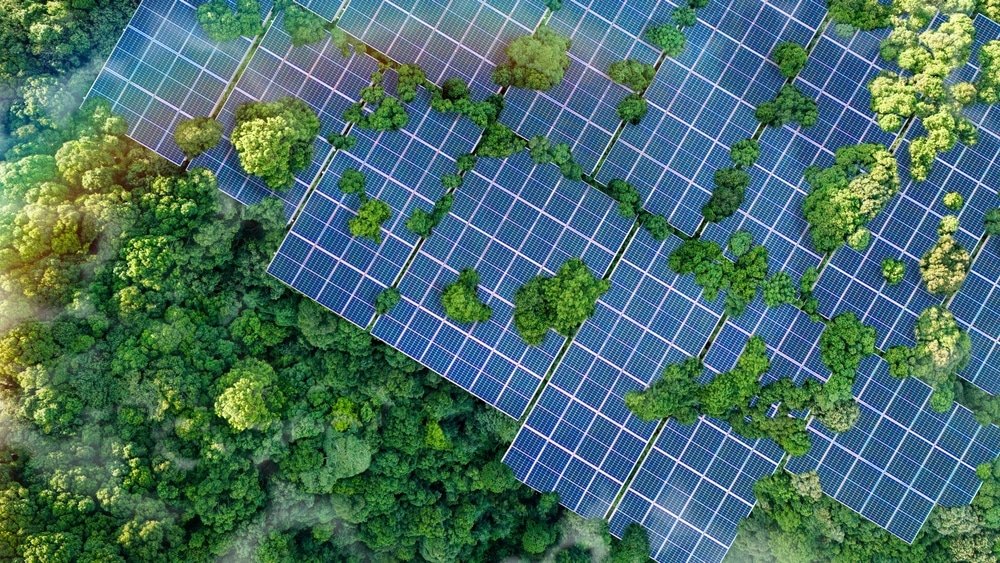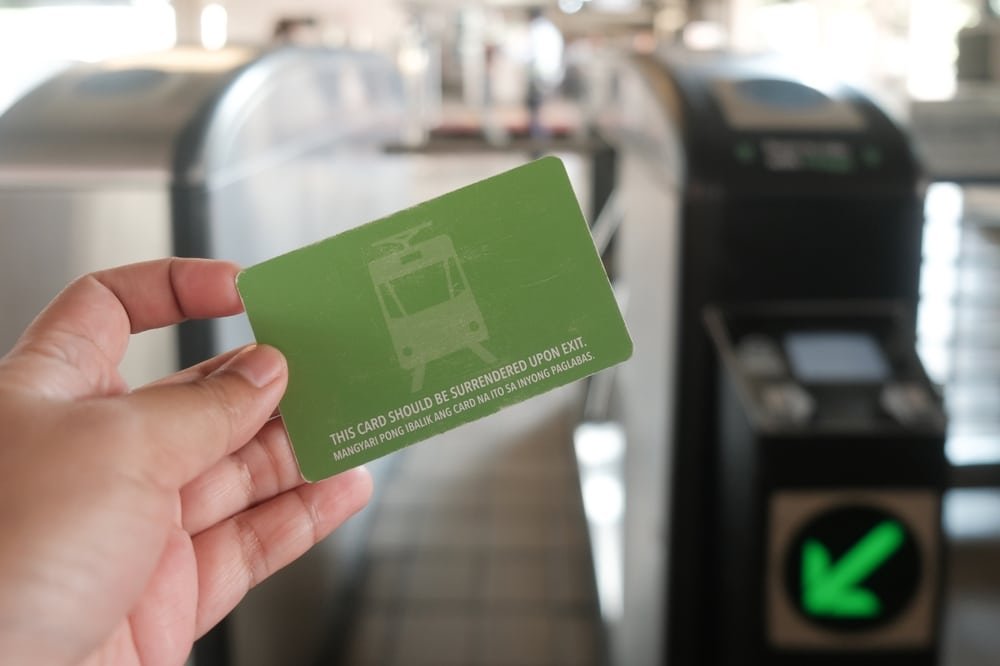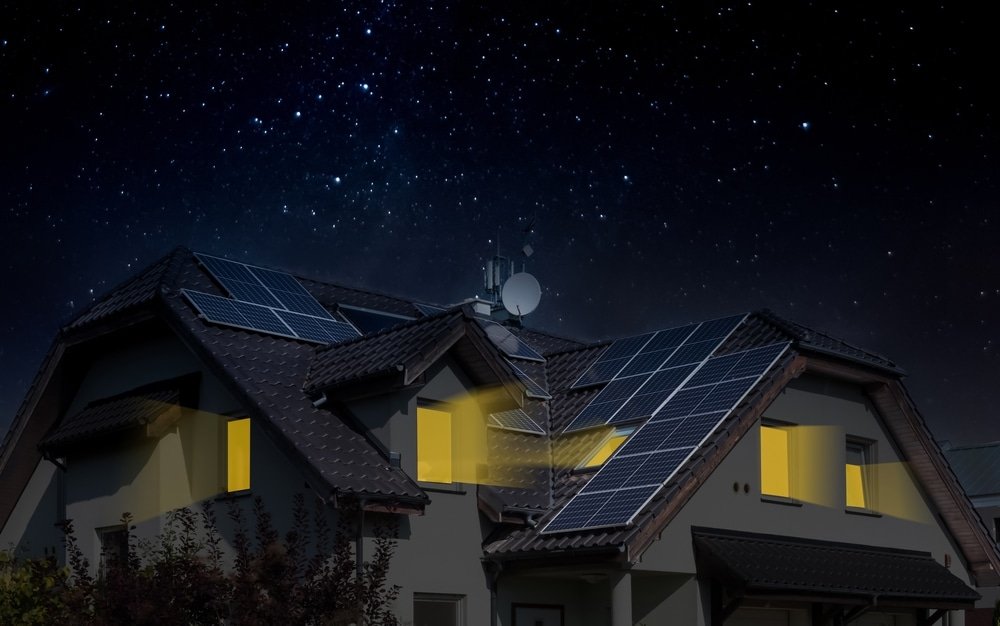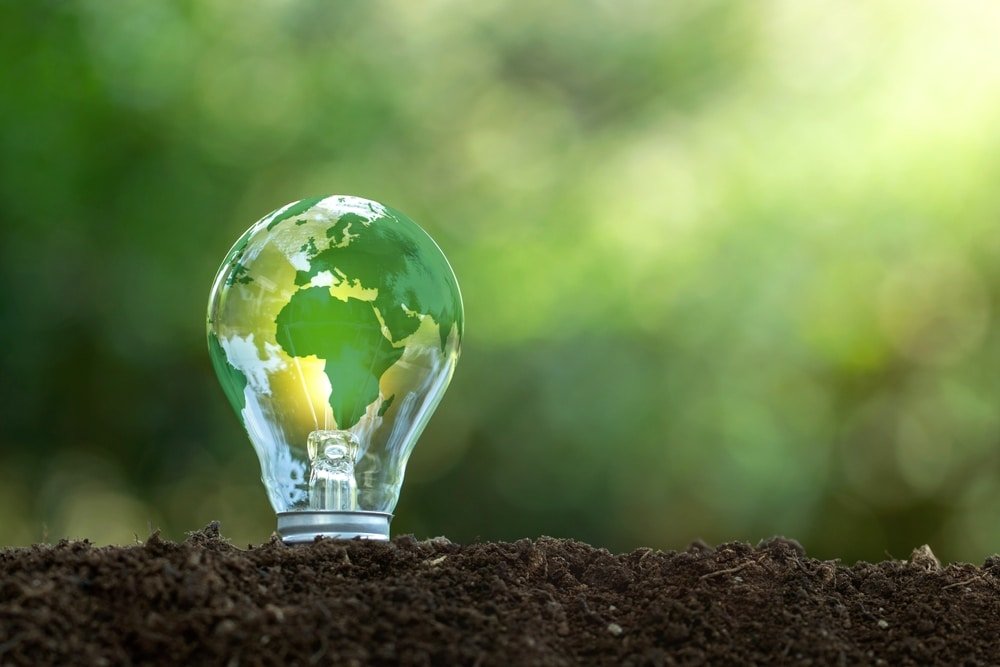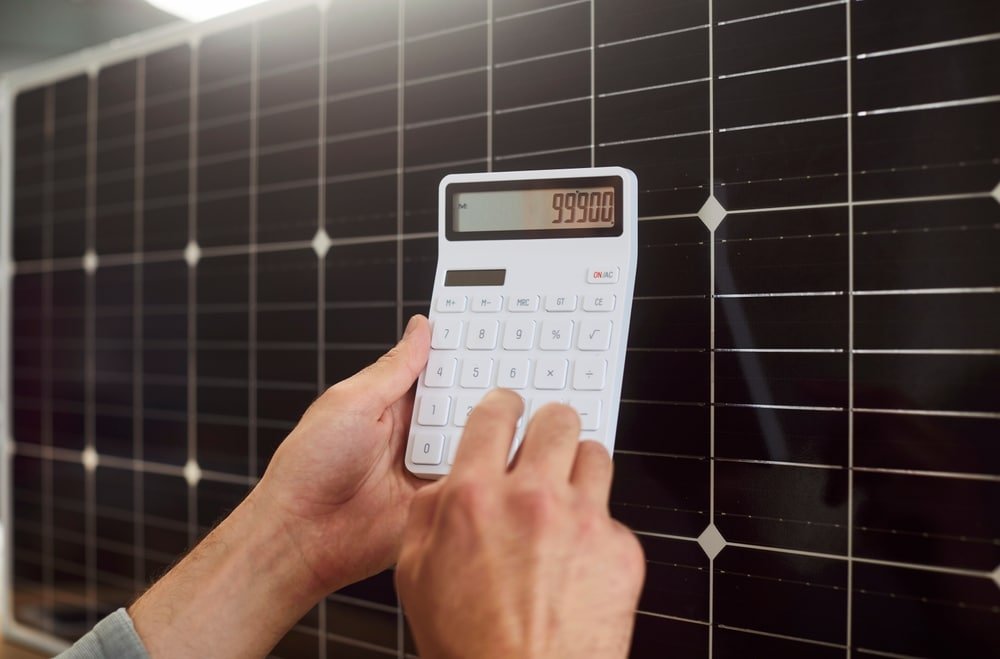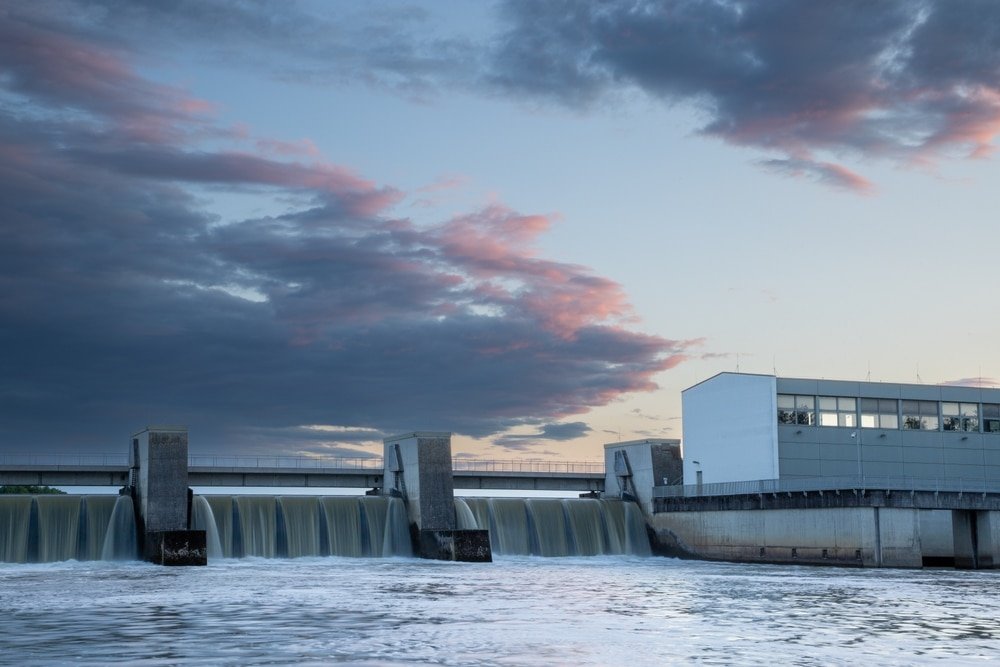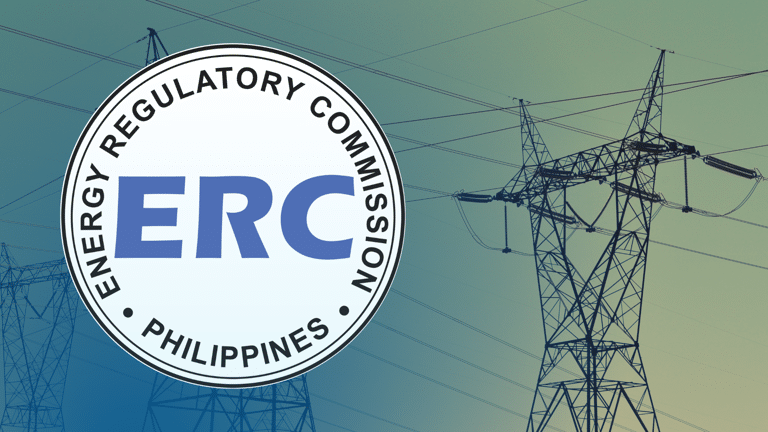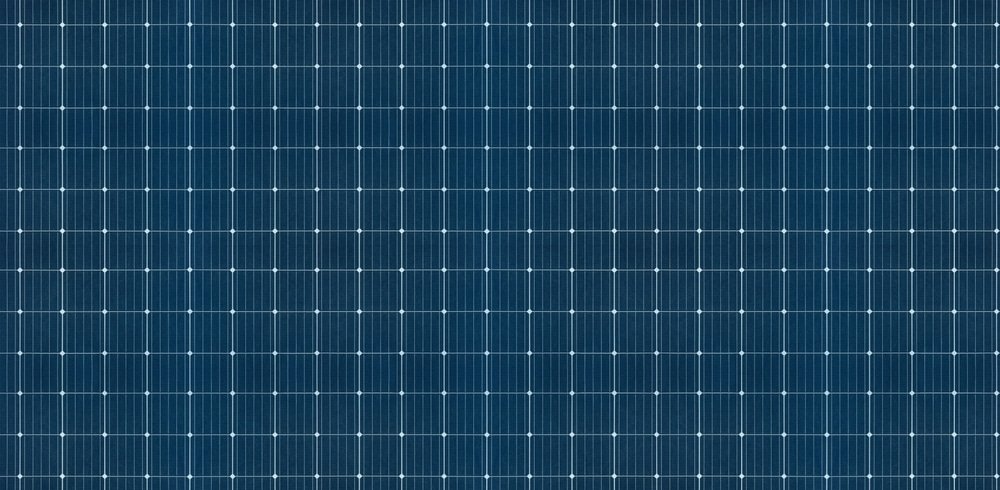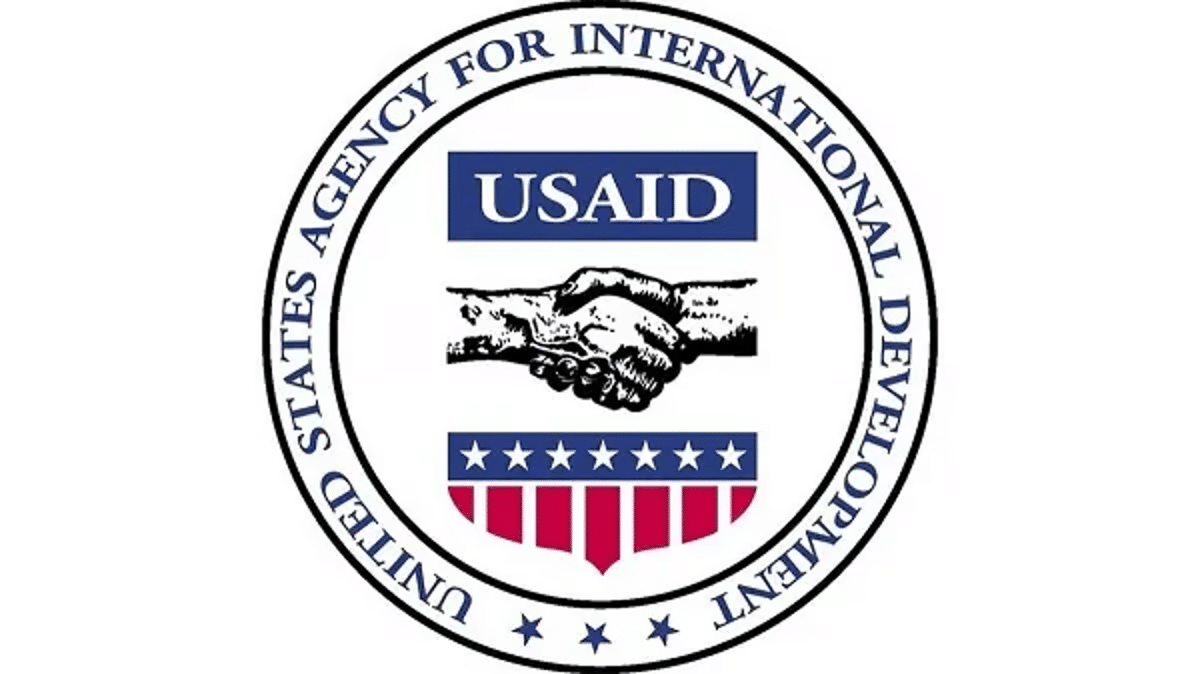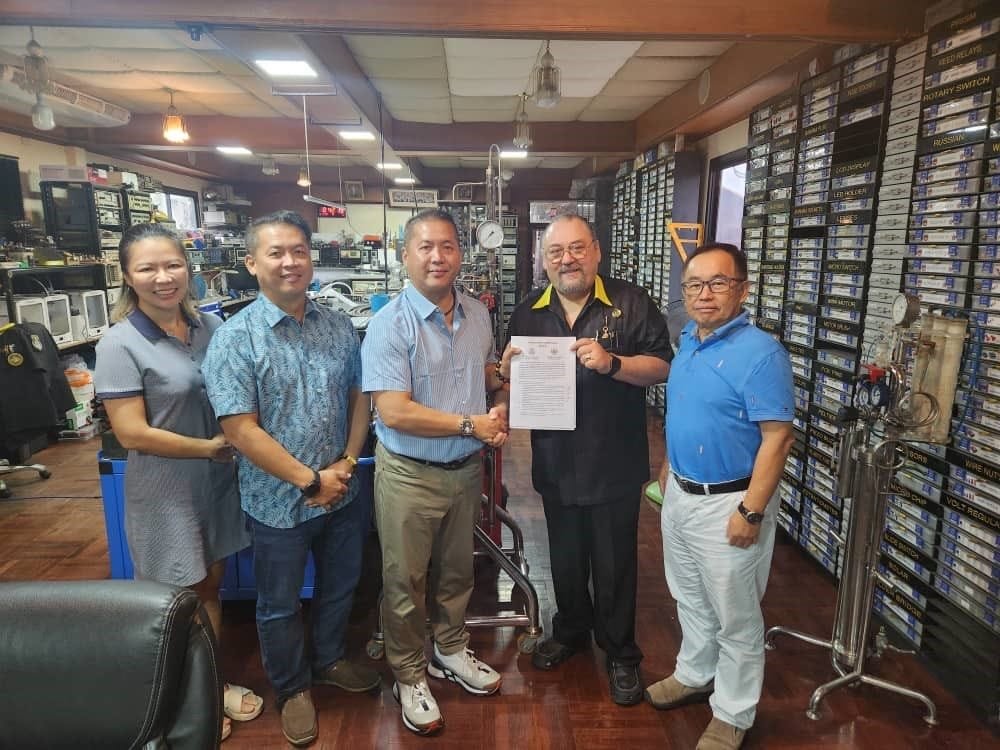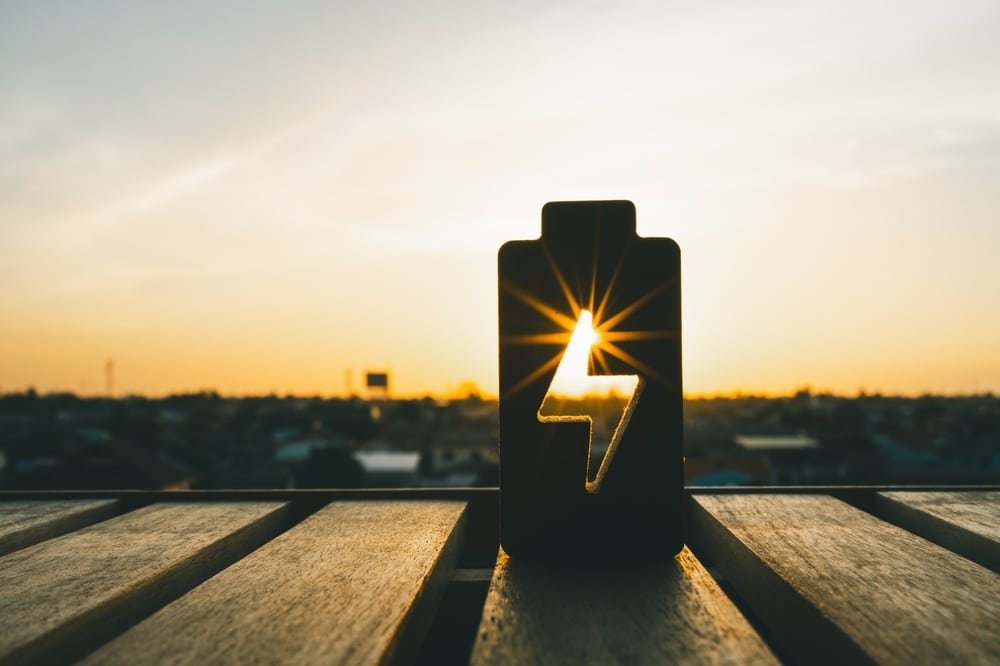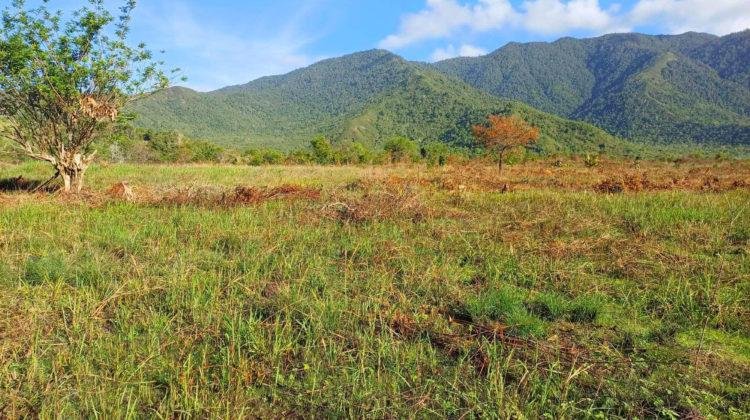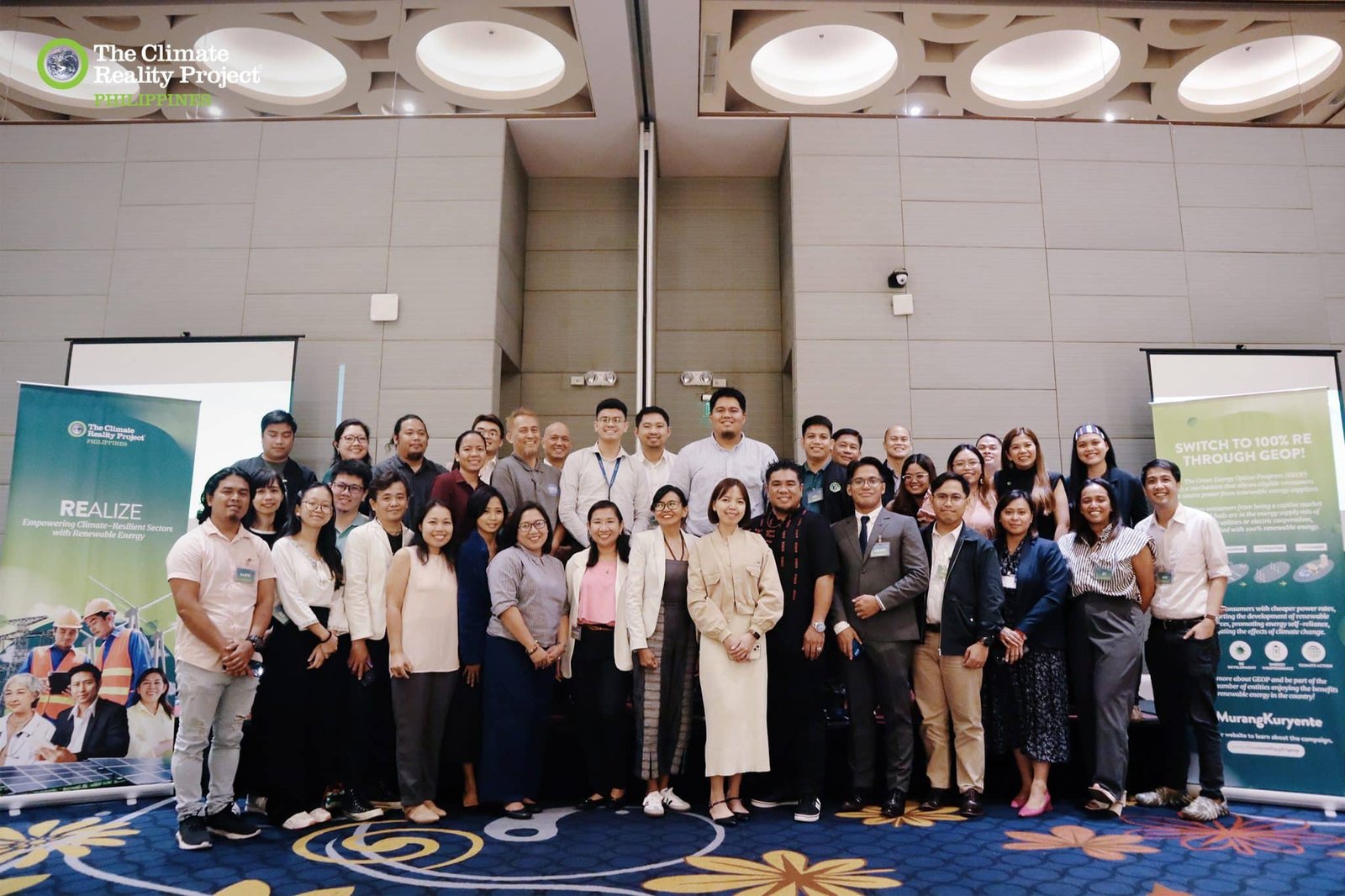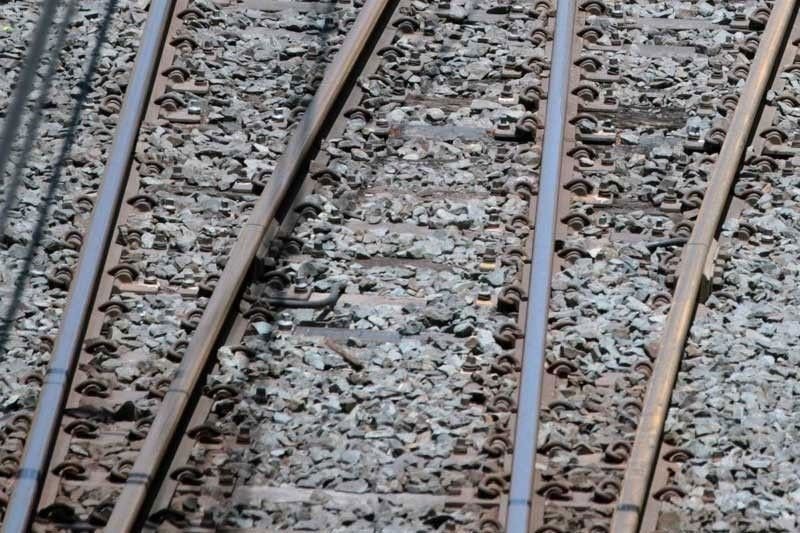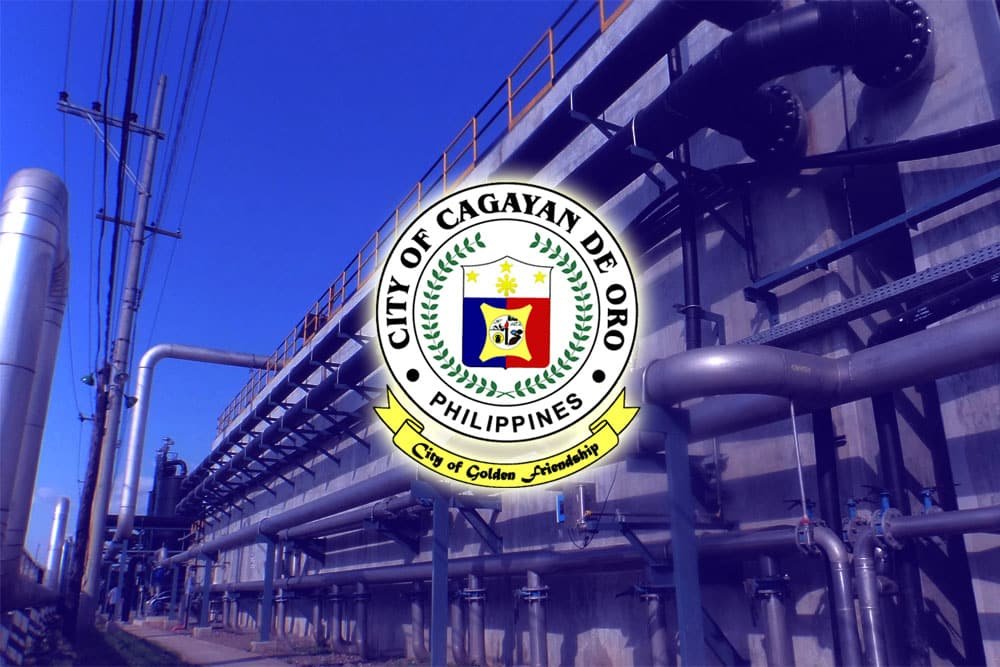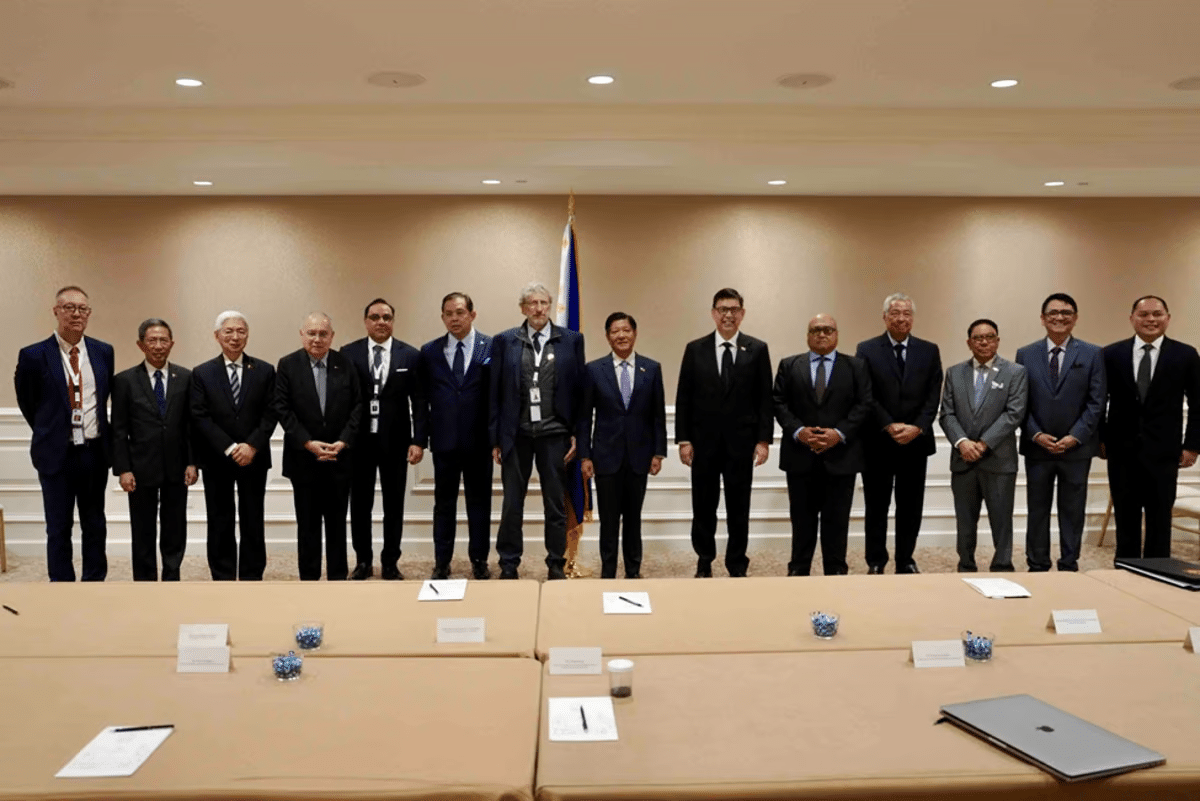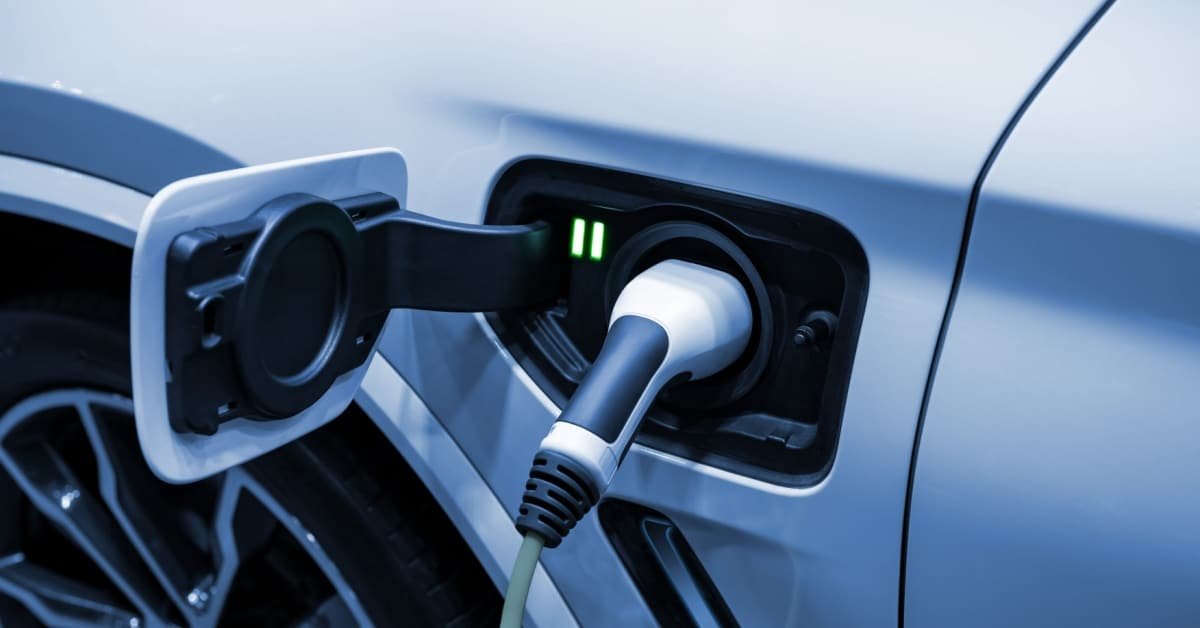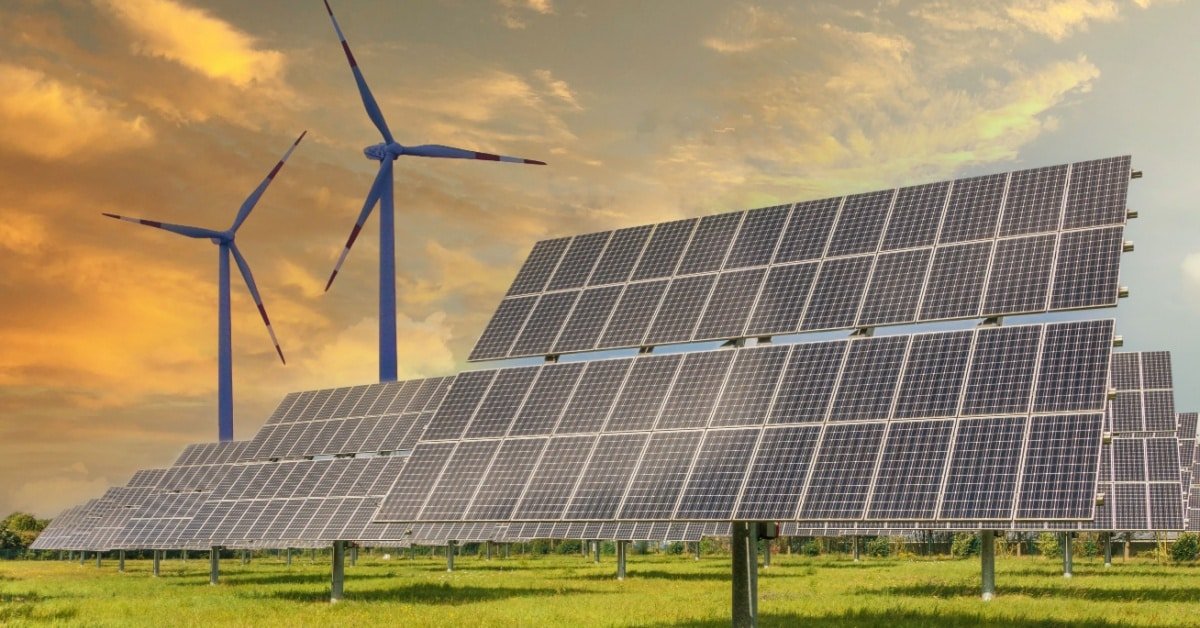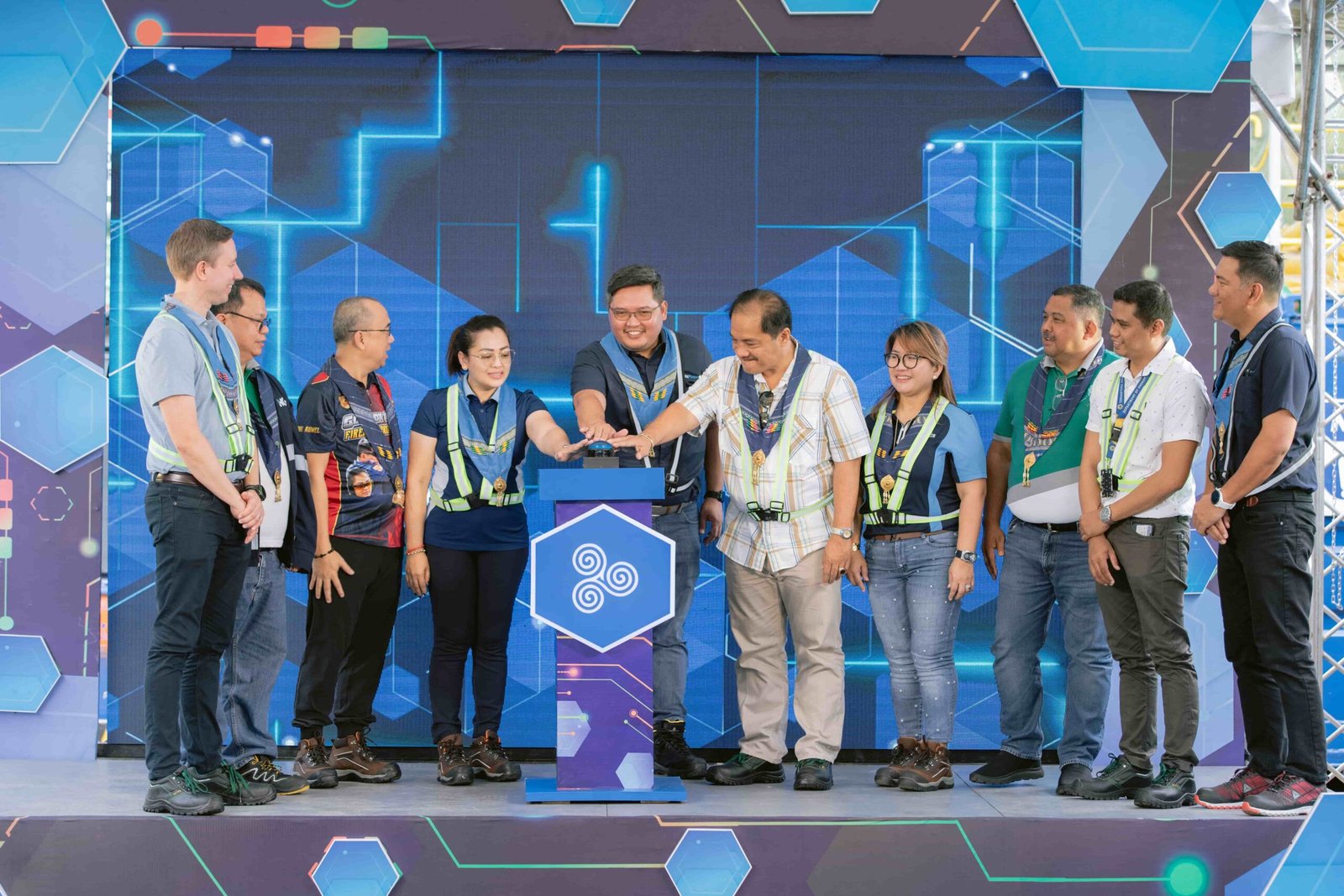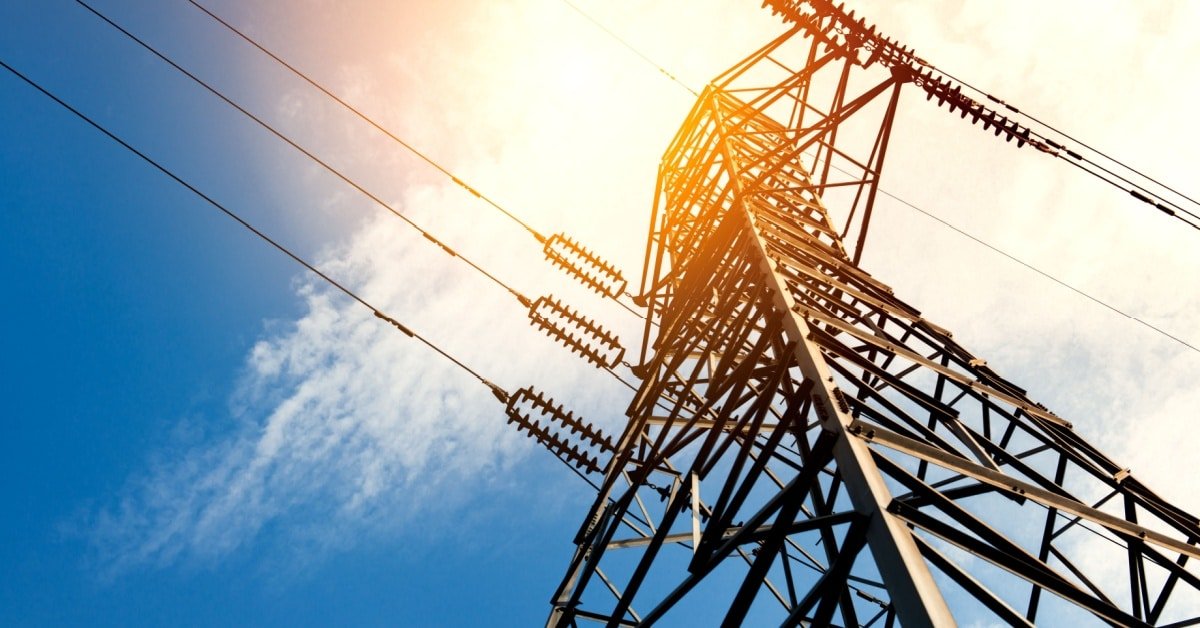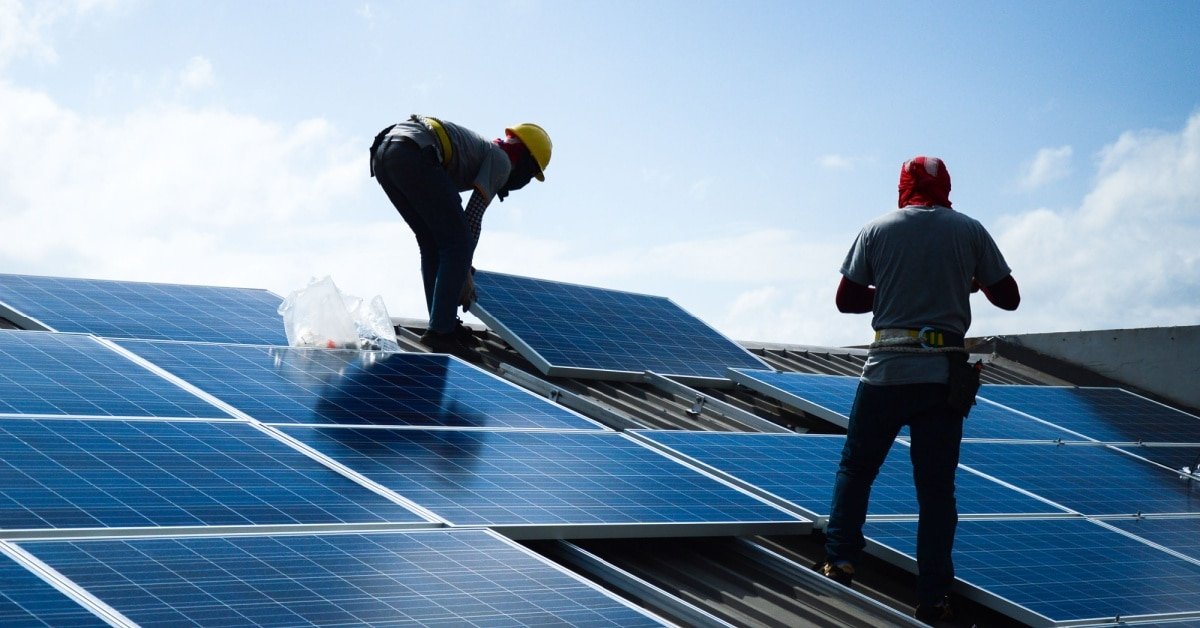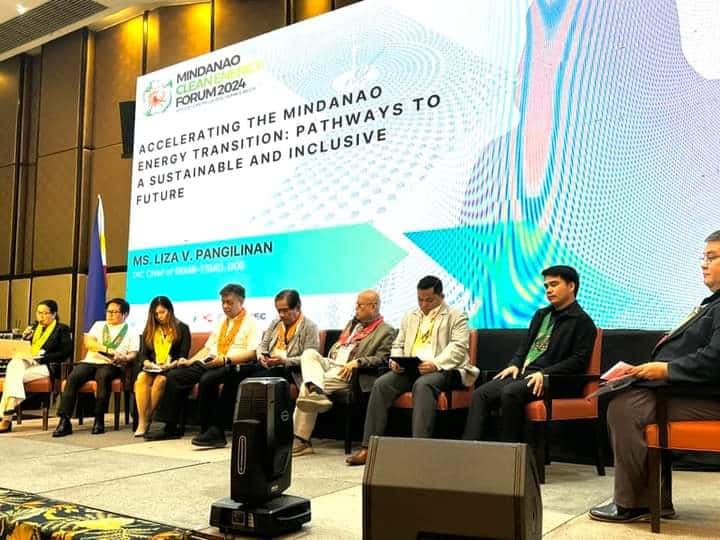
Key Takeaways:
- The 2nd Mindanao Clean Energy Forum is taking place in Cagayan de Oro City, gathering policymakers, energy leaders, and development organizations to discuss renewable energy.
- The forum is spearheaded by the Mindanao Renewable Energy Acceleration and Coordination Hub (Mindanao REACH).
- Discussions include the challenges and opportunities for local governments and the private sector in adopting renewable energy, as well as policy development and investment opportunities.
- The forum addresses the need for Mindanao to shift back to renewable energy after a decade of reliance on fossil fuels, primarily coal.
On September 12, 2024, key policymakers, energy sector leaders, and development organizations gathered in Cagayan de Oro City for the 2nd Mindanao Clean Energy Forum, focused on promoting clean and sustainable energy solutions for the island.
Organized by the Mindanao Renewable Energy Acceleration and Coordination Hub (Mindanao REACH), the forum explored the challenges and opportunities for local governments and the private sector in adopting renewable energy in their communities.
It aims to foster policy development, investment opportunities, and community-driven strategies that leverage renewable energy for sustainable growth.
Discussions covered Mindanao’s transition back to renewable energy, following a decade-long reliance on fossil fuels, particularly coal.
Notable speakers included Secretary Leo Tereso Magno of the Mindanao Development Authority (MINDA), Department of Energy (DOE) Undersecretary Giovanni Carlo Bacordo, and Cagayan de Oro City Mayor Rolando Uy. Their participation highlighted the importance of collaborative efforts in shaping a clean energy future for Mindanao.
Mindanao REACH is advocating for a 50:50 ratio of renewable energy to fossil fuels by 2030, a goal set a decade ahead of the national target of 50:50 by 2040.
As of May 2024, data from the DOE shows that fossil fuels account for 69% of the island’s energy supply, with coal making up 51.31% and diesel at 17.81%. In contrast, renewable energy sources include hydropower (15.56%), run-of-river hydros (10.4%), geothermal (2.67%), ground-mounted solar (1.31%), and biomass (0.94%).
The initiative to promote clean and reliable energy in Mindanao began in October 2020, following a memorandum of understanding between the Peace and Equity Foundation (PEF), the Ramon Magsaysay Awards Foundation, and India’s SELCO Foundation. This partnership aimed to establish a coordination hub to facilitate the shift towards renewable energy while alleviating poverty and supporting local enterprises through sustainable solutions.
In 2022, this commitment was reinforced by a memorandum of agreement involving PEF, Ateneo De Davao University (ADDU), and MINDA, establishing Mindanao REACH as a platform for grassroots strategies that promote renewable energy in underserved communities lacking access to traditional electricity grids.
Since its launch, Mindanao REACH has conducted capacity-building initiatives for electric cooperatives and local government units, focusing on project proposal development and energy planning.
The hub has also supported the implementation of the Productive Uses of Renewable Energy (PURE) programs in the region. For instance, in Region XII, PEF has provided technology and equipment to coffee-producing communities, enhancing their post-processing activities and boosting farmers’ economic activities and incomes.
Source: Mindanao Clean Energy Forum: Promoting renewable energy for sustainable growth

